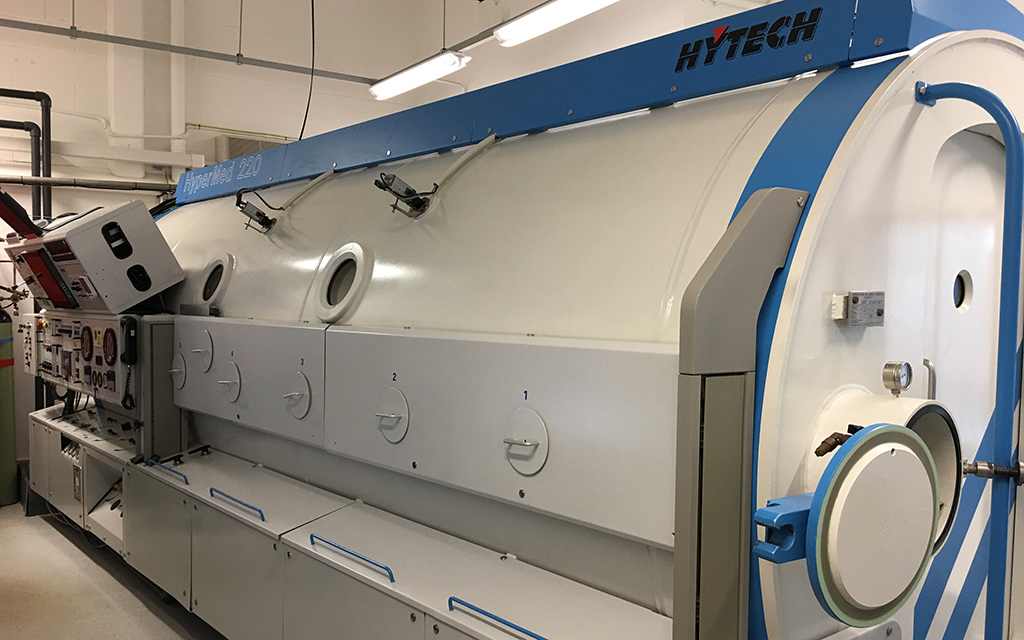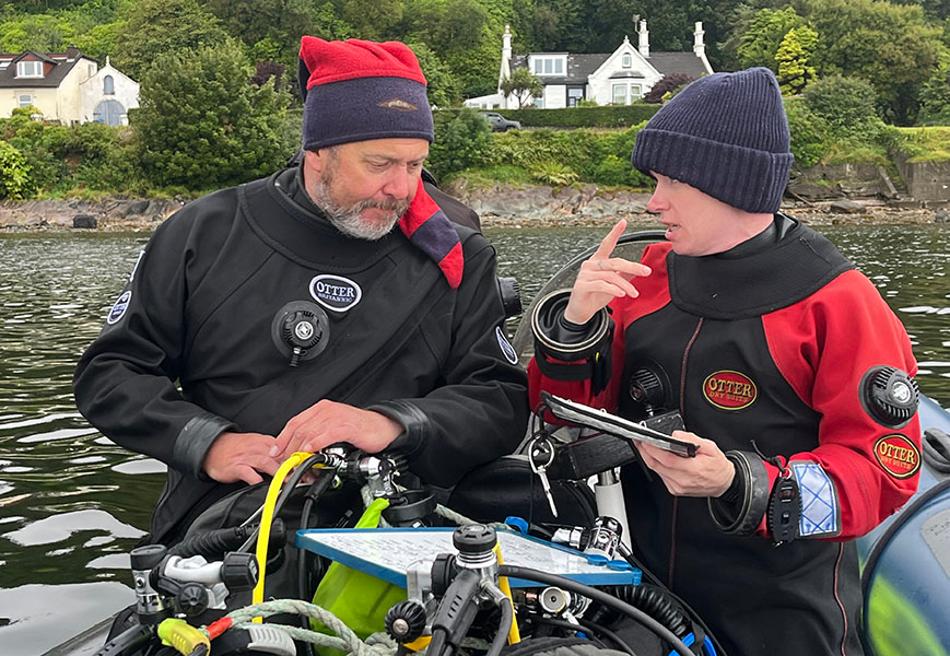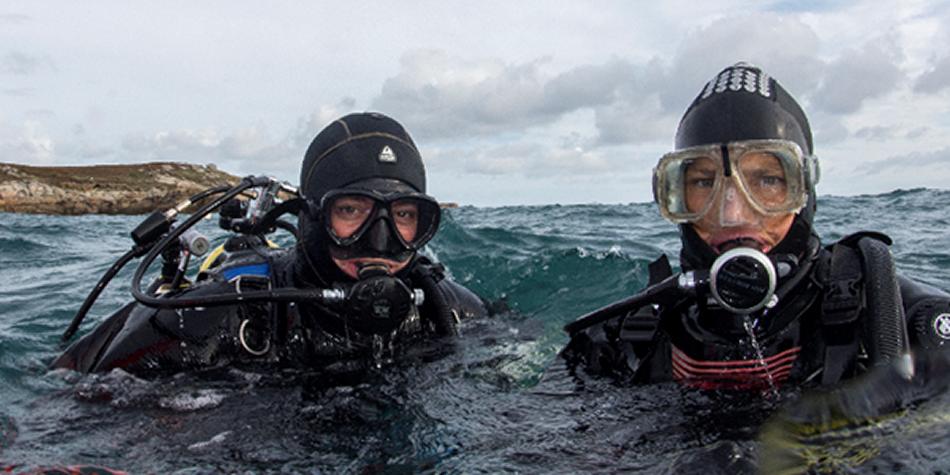
While tempting to rationalise Decompression Illness (DCI) symptoms as just aches and pains, Dr Mike Gonevski of the Midlands Diving Chamber explains why it's important to get medical advice.
The following may be a scenario that you are only too familiar with. You have just completed a series of three days of diving. Everything went according to plan and you did everything right, there were no rapid ascents and you did a safety stop at the end of each dive, you even used Nitrox as a breathing gas. And yet, out of nowhere there is a red rash that covers your abdomen, suspiciously looking like a sunburn. You know however that this is highly unlikely, as you have been too busy being underwater to spend time lounging in the sun.
You also feel wobbly and there is a dull ache in your shoulder that was not there before the dive. You are slightly apprehensive that this may be a case of Decompression Illness (DCI) and when you share your concerns with the dive guides, they seem to take it seriously and put you on 100% oxygen for 30 minutes.
The red discoloration starts to fade away, however there is still burning and tingling sensation in the same area but the dull ache in the shoulder feels better. That feeling of wobbliness, like you are 'on a boat' is still there, only less so and you try to rationalise it because, well, you are indeed still on a boat. You are trying to convince yourself that all is well because you are tough and some aches and pains is how you are supposed to feel after diving anyway, right?
The majority of times Decompression Illness presents with subtle symptoms that you can try and rationalise to be normal – “I’m not fit at the moment, so some aches and pains are normal”, “I did nothing wrong on any of the dives”, “My computer told me”.. are common excuses. The truth is that the trouble caused by bubbles can persist long after you have finished your last dive.
The diving profile is the most common reason why you get DCI, although there are other contributing factors that come into play: physical exertion during and after the dives, body mass, water temperature, rapid ascents to the surface and skipped safety stops are some of the more common ones. Normally, the gas that is absorbed on the way down should come as a gas from the tissues on the way up. Any disruption in the process causes damage, which presents with a variety of symptoms. You may feel that you are better but the damage caused to the tissues can persist long after you have completed the last dive. In fact, these bubbles do not just disappear on their own.
Your redundancy to cope with the stresses of diving is lower and you may end up with quite significant symptoms that seem undeserved after what should have been a perfect dive.
The rule of the thumb is that if it wasn’t there before the dive and it doesn’t feel right after the dive, or you have been given oxygen, you should get checked by a medical professional knowledgeable in diving medicine. We are just a phone call away.
Get medical advice for DCI
• BHA Diver Helpline 07831 151 523
• Or the Aberdeen Royal Infirmary number 0345 408 6008 for incidents in Scotland
• At sea contact the Coastguard though VHF DSC (or Channel 16)
To ensure 24 access to advice and referral as necessary to the nearest and most appropriate medical treatment.





